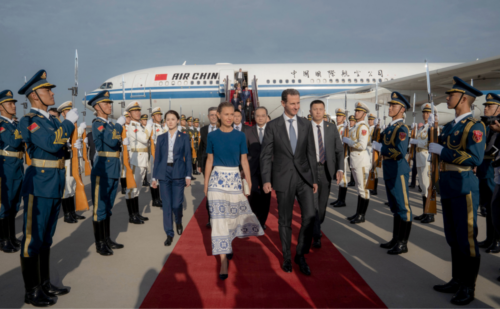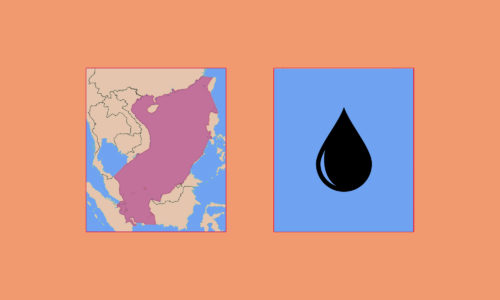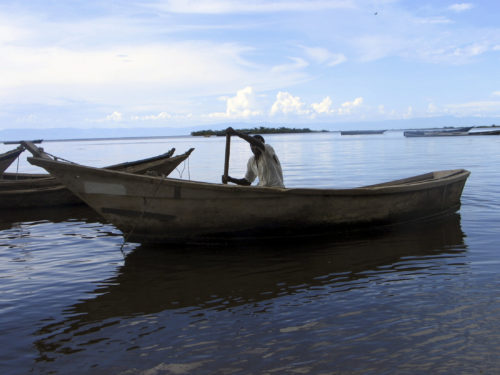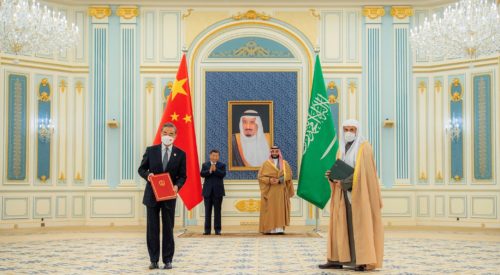China wants wine and other matters
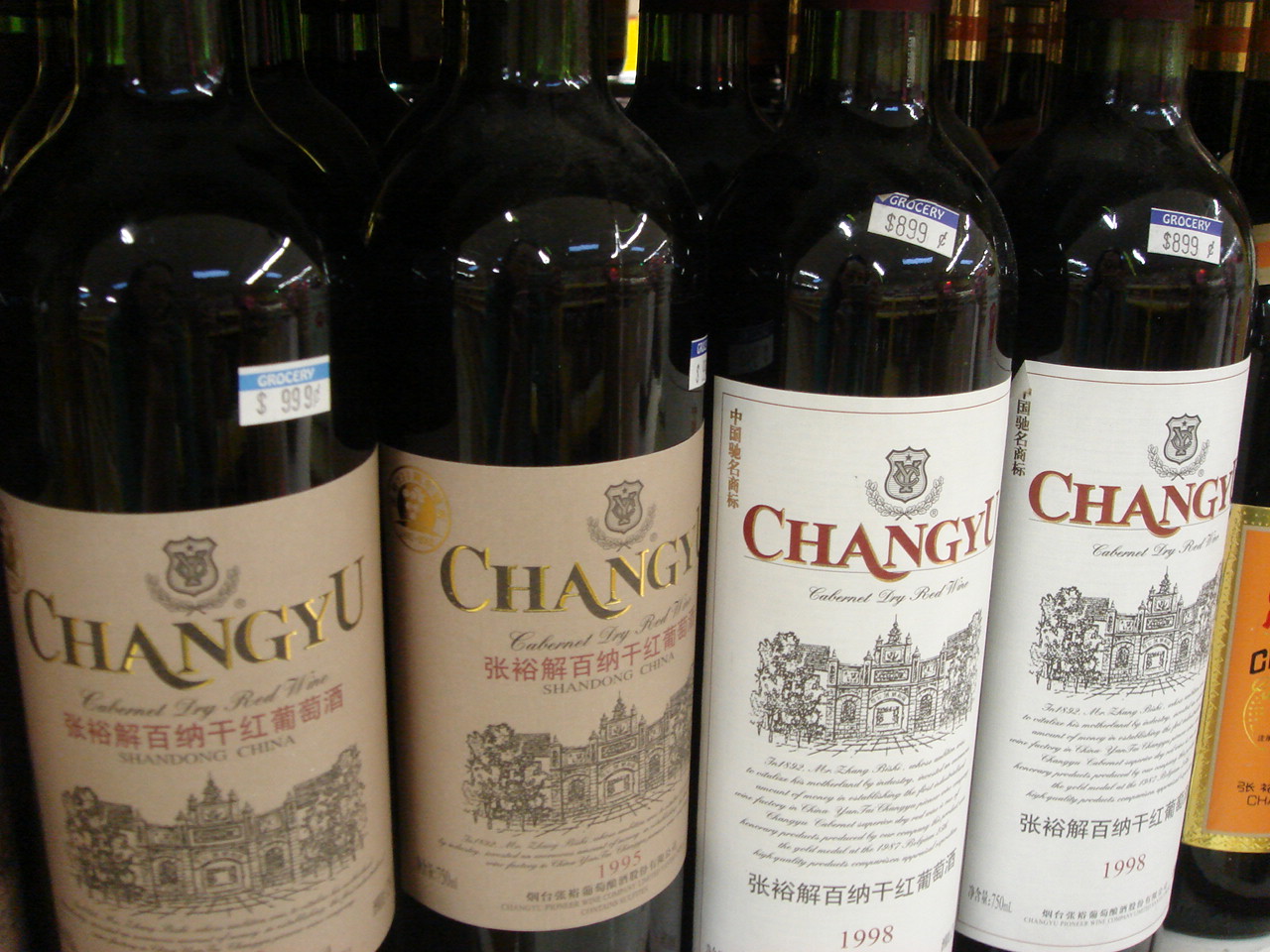
Sometimes, there really is no big story that dominates the China news, and today is such a day, but a variety of small pieces piqued my curiosity:
“Resurgent demand for imported wine” is the reason Reuters gives for Alibaba’s investing “2 billion yuan ($288.25 million) in domestic wine and spirits importer and retailer 1919.cn.” Good news for winemakers worldwide, but not perhaps for tariff-burdened Californian vintners.
Chinese people unwelcome in the United States? Chi Wang (王冀 Wáng Jì), former head of the Chinese section of the U.S. Library of Congress, writes:
After living in the US for nearly 70 years, I cannot even consider thinking of anywhere else as home. And yet the US I’m living in today is not the US I remember. It is not the same country that welcomed me as a young man, the country I fell in love with and chose to make my home. The images of acceptance and hope that have compelled so many to come to the US are being replaced by “get out” signs.
To those in China still envisioning the open hands of the Statue of Liberty, I give you this warning — Chinese are no longer welcome here.
Texas-based ExxonMobil has “signed a framework agreement for a liquefied natural gas (LNG) supply deal with Zhejiang Provincial Energy Group,” reports Reuters. The Chinese company will receive 1 million tonnes of LNG per year from ExxonMobil for 20 years, starting in the early 2020s.
Yesterday, we reported on another new ExxonMobil deal: The U.S. company is in advanced talks with the island city of Zhoushan, about 90 miles (145 kilometers) south of Shanghai, to build a $7 billion ethylene plant.
In Tibet, about 6,000 people have been evacuated following a landslide in Tibet that blocked the flow of the Yarlung Tsangpo, the headwater of India’s Brahmaputra River. The South China Morning Post says a barrier lake was formed “after the Wednesday morning collapse of a cliff in the deep valley through which the river flows,” in Mainling County, just north of the disputed border with the Indian state of Arunachal Pradesh. No deaths have been reported so far.
“China calls it fishing, Indonesia calls it crime,” reports the South China Morning Post. “Susi Pudjiastuti, Indonesia’s minister for fisheries and maritime affairs, has a strong message for China, owner of the world’s largest fishing fleet. ‘What they are doing is not fishing, it is transnational organized crime.’”
What’s to blame for China’s urban pollution? On Tuesday, we noted a new study by the Beijing Municipal Research Institute of Environmental Protection on sources of the particulate pollutant PM2.5 in Beijing that concluded that everyday household products, such as hair spray and perfume, are causing nearly as much air pollution as industry,
Today, the New York Times states that “Harvard and two Chinese universities reported that emissions of formaldehyde — principally from vehicles and chemical and oil refineries — played a larger role than previously understood in producing the thick, toxic pollution that chokes much of the country each winter.”

